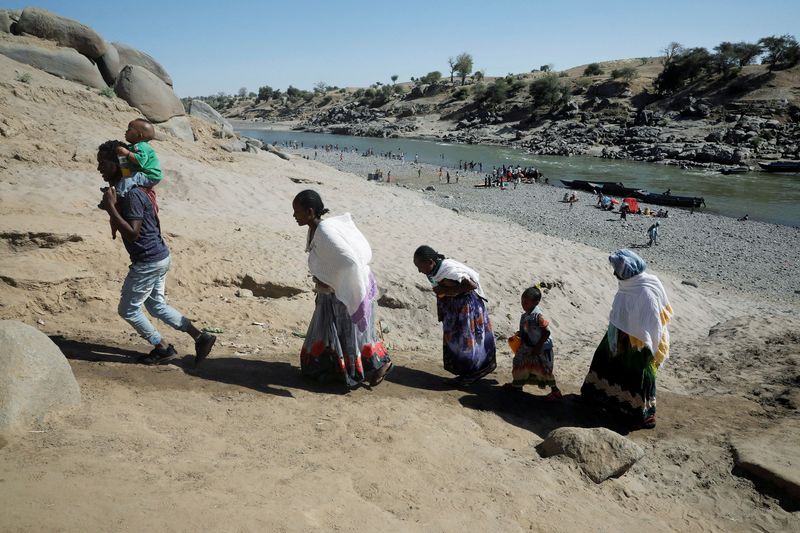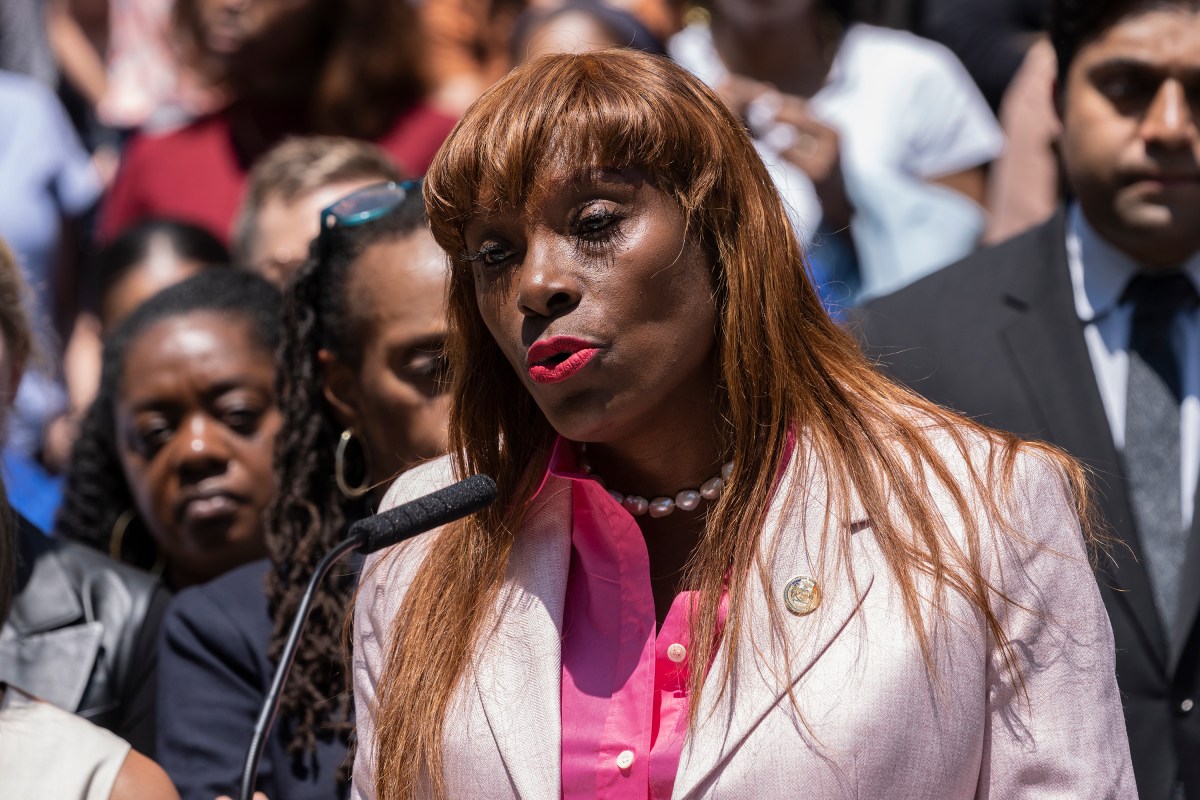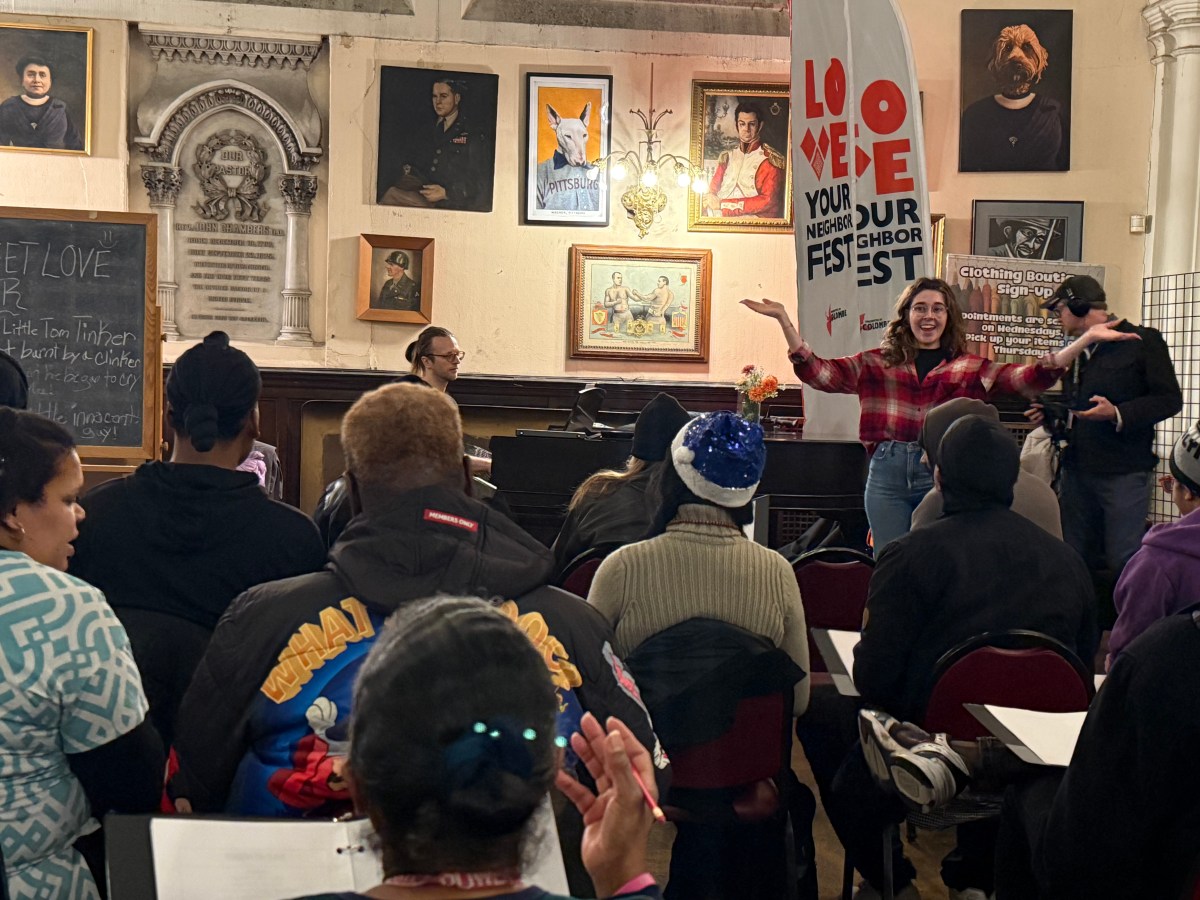ADDIS ABABA (Reuters) – The first non-governmental aid convoy since fighting started arrived in the capital of Ethiopia’s northern Tigray region on Saturday, as the government ordered businesses to re-open and officials to return to work.
The federal government restricted access to Tigray after fighting began on Nov. 4 between its troops and the Tigray People’s Liberation Front (TPLF), a political party that ruled the province. So far the conflict in Africa’s second-most populous nation is believed to have killed thousands of people and displaced around 950,000.
But the tempo of fighting seems to have slowed since the government announced the capture of the regional capital Mekelle late last month, although information is hard to verify due to the restrictions.
Phone and internet connections are gradually being restored, but most of the region remains unreachable for journalists and outside aid agencies.
The convoy of seven white trucks that arrived in Mekelle was organised by the International Committee of the Red Cross (ICRC) and the Ethiopian Red Cross, the ICRC said.
“Doctors and nurses have been … weeks without new supplies, running water, and electricity,” said Patrick Youssef, the ICRC’s regional director for Africa. “This medical shipment will inject new stocks, help patients,” and reduce those impossible life-or-death triage decisions.”
BACK-TO-WORK ORDER
The government says it has defeated TPLF forces, and struck a deal with the United Nations to allow aid.
But some aid agencies and donors say the agreement is too restrictive and security remains a problem; one U.N. security team was shot at last weekend.
The government says Tigray is returning to normal, despite the continuing restrictions.
The federally-appointed provisional administration for Tigray, intended to replace the TPLF, said it would take office on Sunday and urged local government workers to resume their jobs on Monday.
“Peace and stability has been established in most of the towns in the region, including Mekelle. Businesses must return to normal from tomorrow,” the state news agency quoted Mulu Nega, the head of the interim authority, as saying.
Government workers who were absent would be fired, he said, and gun owners must surrender their weapons to security forces by Tuesday.
It’s unclear what will happen to civilians displaced by the fighting.
Nearly 50,000 refugees, mostly Tigrayans, have crossed into eastern Sudan since early November. Nearly 15,000 are at Um Rakoba camp, where long lines of people waited for food with plates in their hands and new arrivals constructed shelters using tree branches.
“We don’t have enough food or shelter here, but I am too scared to go back,” said Tewelo Gabrageres, 35-year-old trader.
(Reporting by Addis Ababa Newsroom; Writing by Duncan Miriri; Editing by Frances Kerry and Alex Richardson)

























